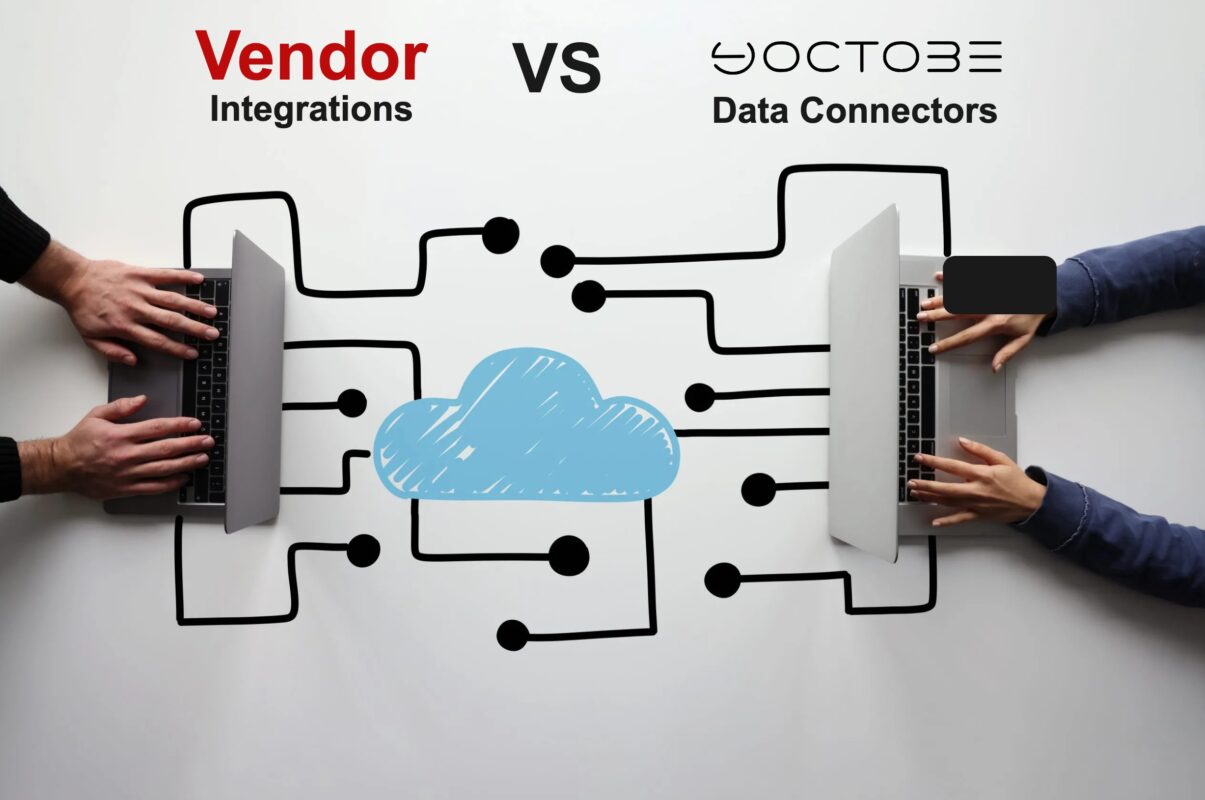AI’s Transformative Role in Enhancing Healthcare Interoperability
In the dynamic landscape of modern healthcare, the convergence of Artificial Intelligence (AI) and interoperability is revolutionizing patient care, operational efficiency, and data-driven decision-making. This article explores the multifaceted role of AI in enhancing healthcare interoperability, highlighting its transformative impact and future potential.
Understanding Healthcare Interoperability
Healthcare interoperability refers to the ability of different information systems, devices, and applications to access, exchange, integrate, and cooperatively use data in a coordinated manner within and across organizational boundaries. Effective interoperability ensures that health information systems can work together seamlessly, regardless of the application or vendor.
The Interoperability Challenge in Healthcare
Despite technological advancements, healthcare systems often struggle with interoperability due to:
- Diverse data formats and standards
- Legacy systems with limited integration capabilities
- Privacy and security concerns
- Organizational silos and resistance to data sharing
- Lack of standardized terminologies and coding systems
Enter Artificial Intelligence
AI technologies, including machine learning, natural language processing, and computer vision, are proving to be game-changers in addressing these interoperability challenges. Here’s how AI is enhancing healthcare interoperability:
1. Intelligent Data Mapping and Integration
AI algorithms can automatically map and integrate data from diverse sources, even when they use different formats or terminologies:
- Semantic Interoperability: AI can understand the context and meaning of data, facilitating accurate integration across systems.
- Automated Data Transformation: Machine learning models can learn to transform data between different standards (e.g., HL7, FHIR, DICOM) without manual intervention.
- Adaptive Integration: AI systems can continuously learn and adapt to new data formats and structures, ensuring long-term interoperability.
2. Natural Language Processing for Unstructured Data
A significant portion of healthcare data exists in unstructured formats like clinical notes, radiology reports, and patient feedback. AI-powered Natural Language Processing (NLP) is crucial for making this data interoperable:
- Text Analytics: Extracting structured data from unstructured text, making it accessible for analysis and integration.
- Clinical Coding Automation: Automatically assigning appropriate medical codes (e.g., ICD-10, SNOMED CT) to clinical documentation.
- Voice-to-Text Conversion: Transforming voice notes into structured, searchable text data.
3. Predictive Analytics for Proactive Interoperability
AI can anticipate interoperability needs and potential issues:
- Data Flow Optimization: Predicting peak data exchange times and optimizing system resources accordingly.
- Error Prediction: Identifying potential data inconsistencies or integration failures before they occur.
- Adaptive Routing: Intelligently routing data requests to the most appropriate sources based on past performance and current system status.
4. Enhanced Data Quality and Consistency
AI plays a crucial role in ensuring the quality and consistency of shared healthcare data:
- Automated Data Cleansing: Identifying and correcting errors, inconsistencies, and duplications in health records.
- Data Validation: Ensuring that shared data meets predefined quality standards and regulatory requirements.
- Anomaly Detection: Flagging unusual patterns or potential data breaches in real-time.
5. Intelligent Interface Engines
AI-powered interface engines act as the central nervous system of interoperable healthcare networks:
- Smart Routing: Dynamically determining the best path for data exchange based on content, priority, and system load.
- Protocol Translation: Seamlessly translating between different healthcare communication protocols.
- Load Balancing: Intelligently distributing data processing tasks to optimize system performance.
6. Personalized Data Access and Sharing
AI enables more nuanced and context-aware data sharing:
- Consent Management: Intelligently managing patient consent preferences across multiple systems and use cases.
- Contextual Data Access: Providing healthcare providers with the most relevant patient information based on the current clinical context.
- Privacy-Preserving Data Sharing: Using techniques like federated learning to enable collaborative research without compromising patient privacy.
7. Interoperability for AI Models
As AI becomes more prevalent in healthcare, ensuring interoperability of AI models themselves is crucial:
- Model Exchange Formats: Developing standards for sharing and integrating AI models across different healthcare systems.
- Transfer Learning: Enabling AI models trained in one healthcare context to be fine-tuned and used in another, promoting knowledge sharing.
- Explainable AI: Ensuring that AI decision-making processes are transparent and interpretable across different systems.
Real-World Impact of AI-Enhanced Interoperability
The integration of AI in healthcare interoperability is yielding tangible benefits:
- Improved Patient Care: Seamless data exchange enables more informed clinical decision-making and personalized treatment plans.
- Operational Efficiency: Automated data integration reduces manual work and minimizes errors.
- Enhanced Research Capabilities: Easier access to diverse, high-quality datasets accelerates medical research and innovation.
- Cost Reduction: Streamlined data management and reduced redundancy lead to significant cost savings.
- Better Patient Experience: Patients benefit from smoother information flow across their care journey.
Challenges and Considerations
While AI offers immense potential for enhancing healthcare interoperability, several challenges need to be addressed:
- Data Privacy and Security: Ensuring that AI-driven interoperability solutions comply with regulations like HIPAA and GDPR.
- Ethical Considerations: Addressing potential biases in AI algorithms and ensuring equitable access to AI-enhanced healthcare services.
- Integration with Legacy Systems: Developing strategies to incorporate AI solutions into existing healthcare IT infrastructure.
- Standardization: Establishing industry-wide standards for AI in healthcare interoperability.
- Skill Gap: Training healthcare professionals to effectively use and trust AI-enhanced interoperability systems.
The Future of AI in Healthcare Interoperability
Looking ahead, we can expect AI to play an even more significant role in healthcare interoperability:
- Ambient Intelligence: AI systems that can understand and respond to the healthcare environment in real-time, facilitating seamless data flow.
- Blockchain Integration: Combining AI with blockchain technology for secure, transparent, and interoperable health data management.
- Quantum Computing: Leveraging quantum algorithms to solve complex interoperability challenges at unprecedented speeds.
- Global Health Networks: AI-driven systems that enable secure, real-time health data sharing across international boundaries.
Artificial Intelligence is not just enhancing healthcare interoperability; it’s redefining what’s possible. By addressing long-standing challenges in data integration, quality, and accessibility, AI is paving the way for a more connected, efficient, and patient-centric healthcare ecosystem.
As we continue to innovate in this space, it’s crucial to balance technological advancement with ethical considerations and patient trust. The future of healthcare lies in our ability to harness the power of AI to create truly interoperable systems that improve patient outcomes, advance medical research, and transform the delivery of care.






